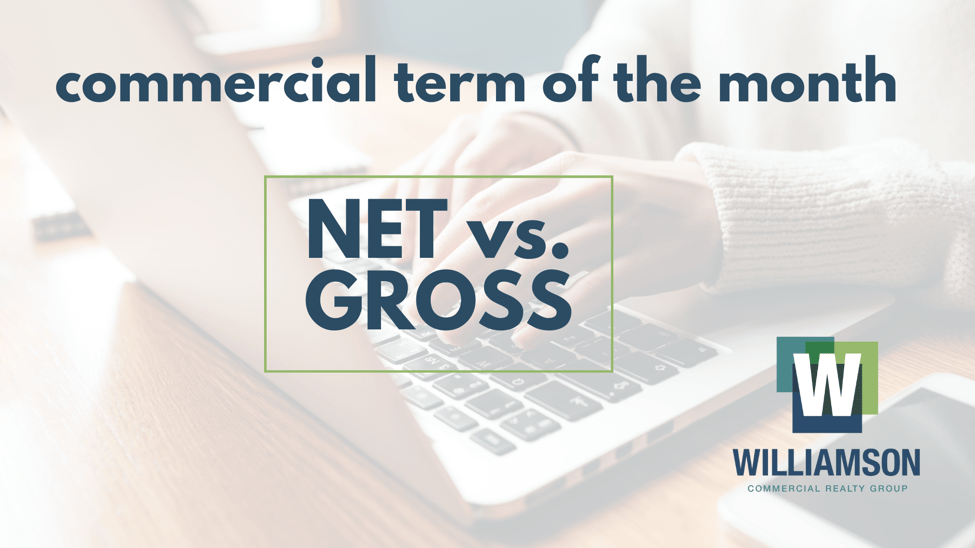In a commercial lease, the terms "net" and "gross" refer to different ways of allocating and calculating various costs and expenses associated with renting a commercial space. These terms outline the responsibilities of both the landlord and the tenant regarding the financial aspects of the lease agreement.
1. Net Lease:
A net lease is a type of lease agreement where the tenant is responsible for paying a portion or all of the additional expenses associated with the property, in addition to the base rent. These additional expenses can include property taxes, building insurance, and maintenance costs. Net leases are often categorized into three subtypes:
a. Single Net Lease (N Lease): In this type of lease, the tenant pays the base rent plus a share of the property taxes.
b. Double Net Lease (NN Lease): In a double net lease, the tenant is responsible for paying the base rent plus a share of property taxes and building insurance costs.
c. Triple Net Lease (NNN Lease): This is the most comprehensive type of net lease. In a triple net lease, the tenant pays the base rent plus a share of property taxes, building insurance, and maintenance costs, including repairs and upkeep.
The choice between a net lease and a gross lease depends on the negotiation between the landlord and tenant and the specific needs and preferences of both parties. It's essential for both parties to clearly understand the lease terms and their financial obligations before entering into an agreement.
If you have any further questions or need clarification regarding the distinctions between net and gross leases, feel free to reach out to us. Our team is here to assist you in better understanding the nuances of these lease types and how they might impact your specific situation. Your leasing success is our priority, and we're committed to helping you every step of the way.
Client Focused | Solution Driven | Commercial Realtors

